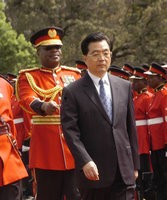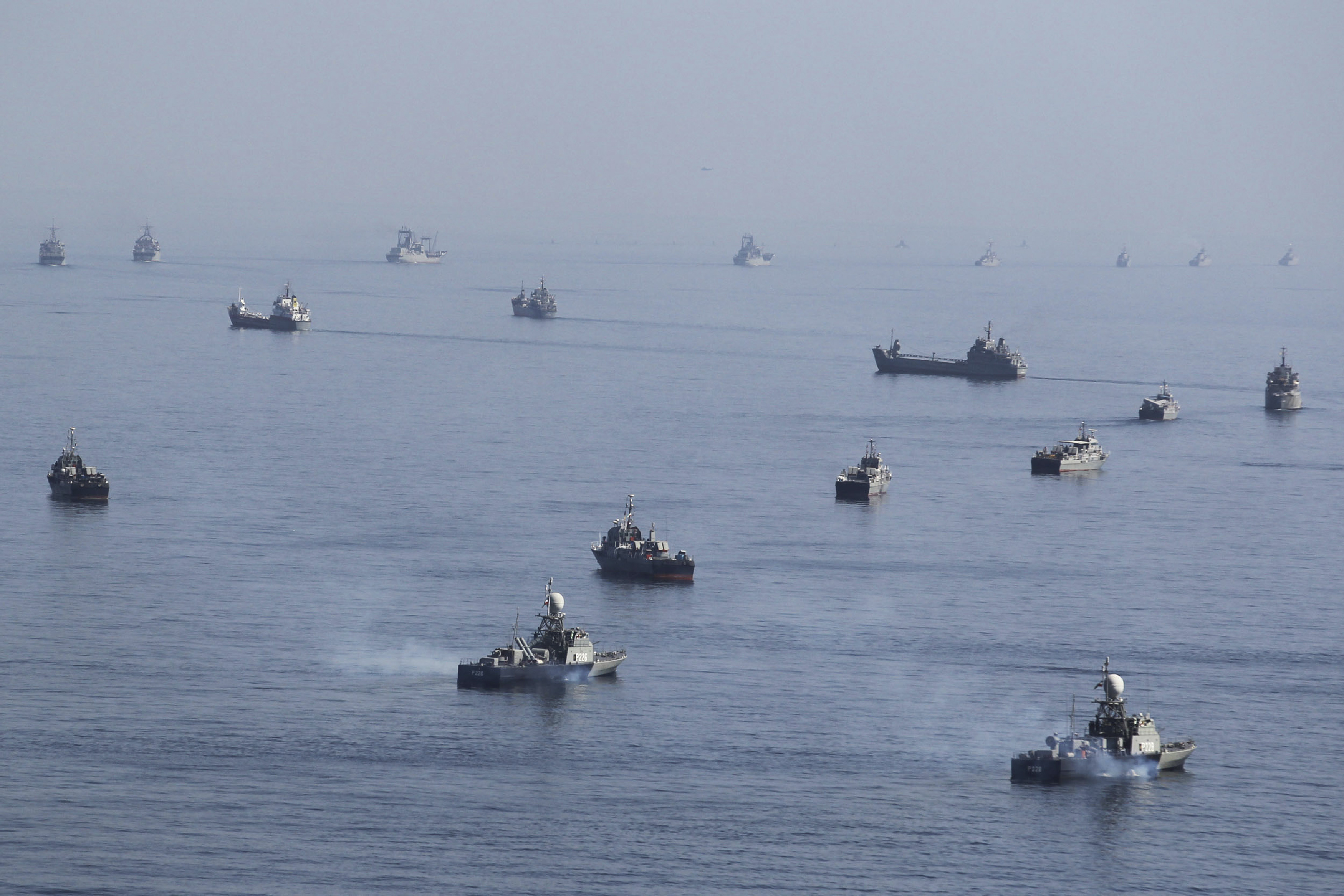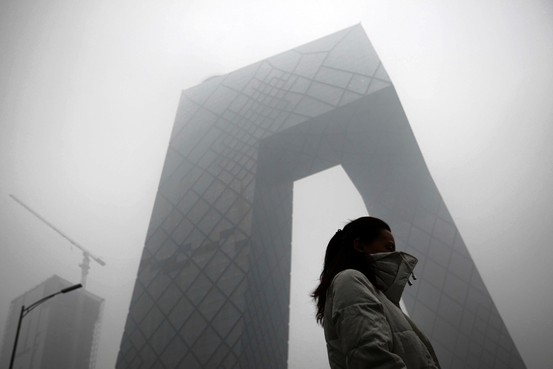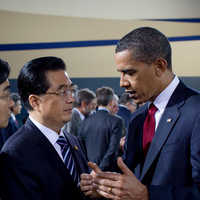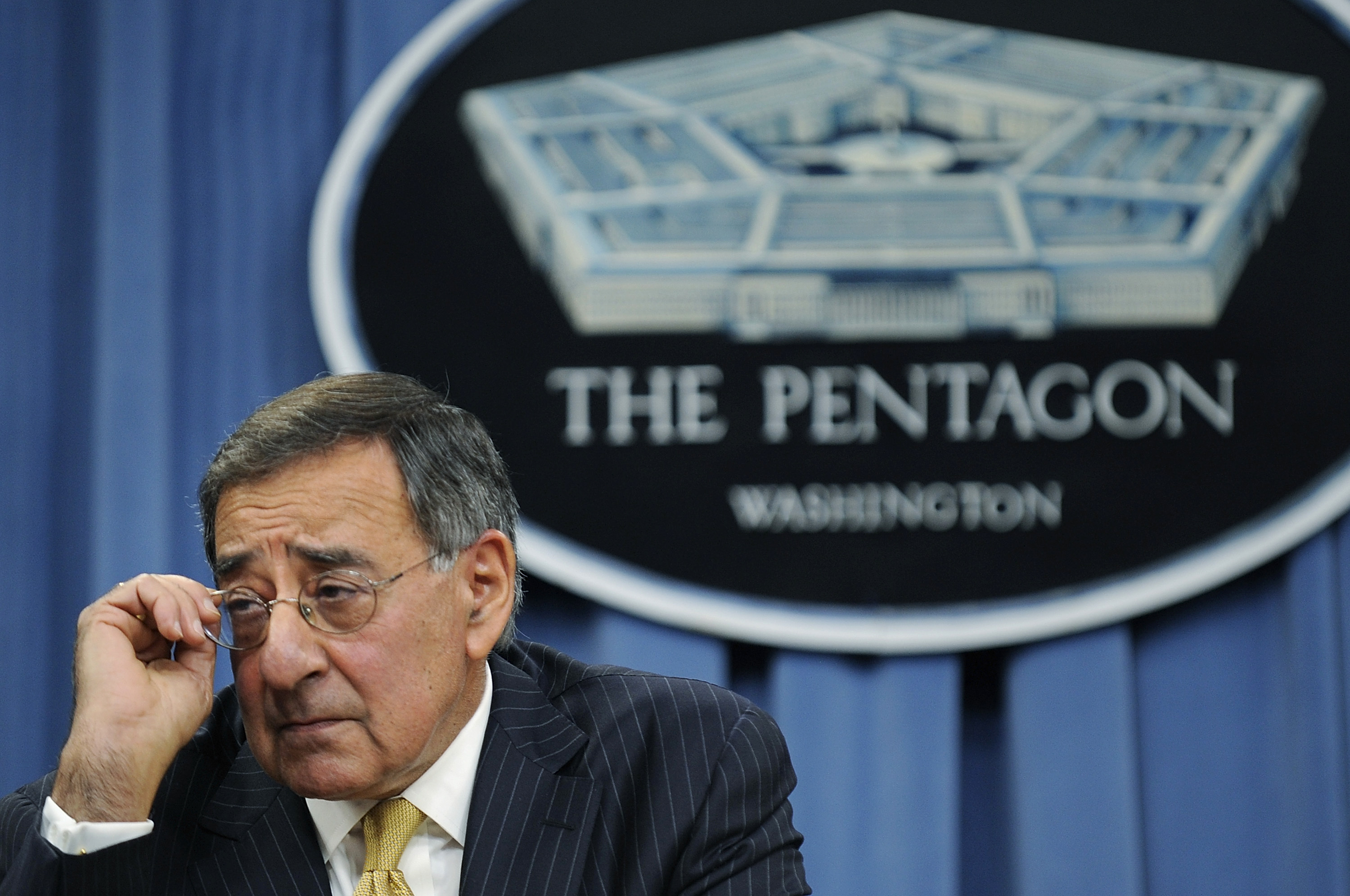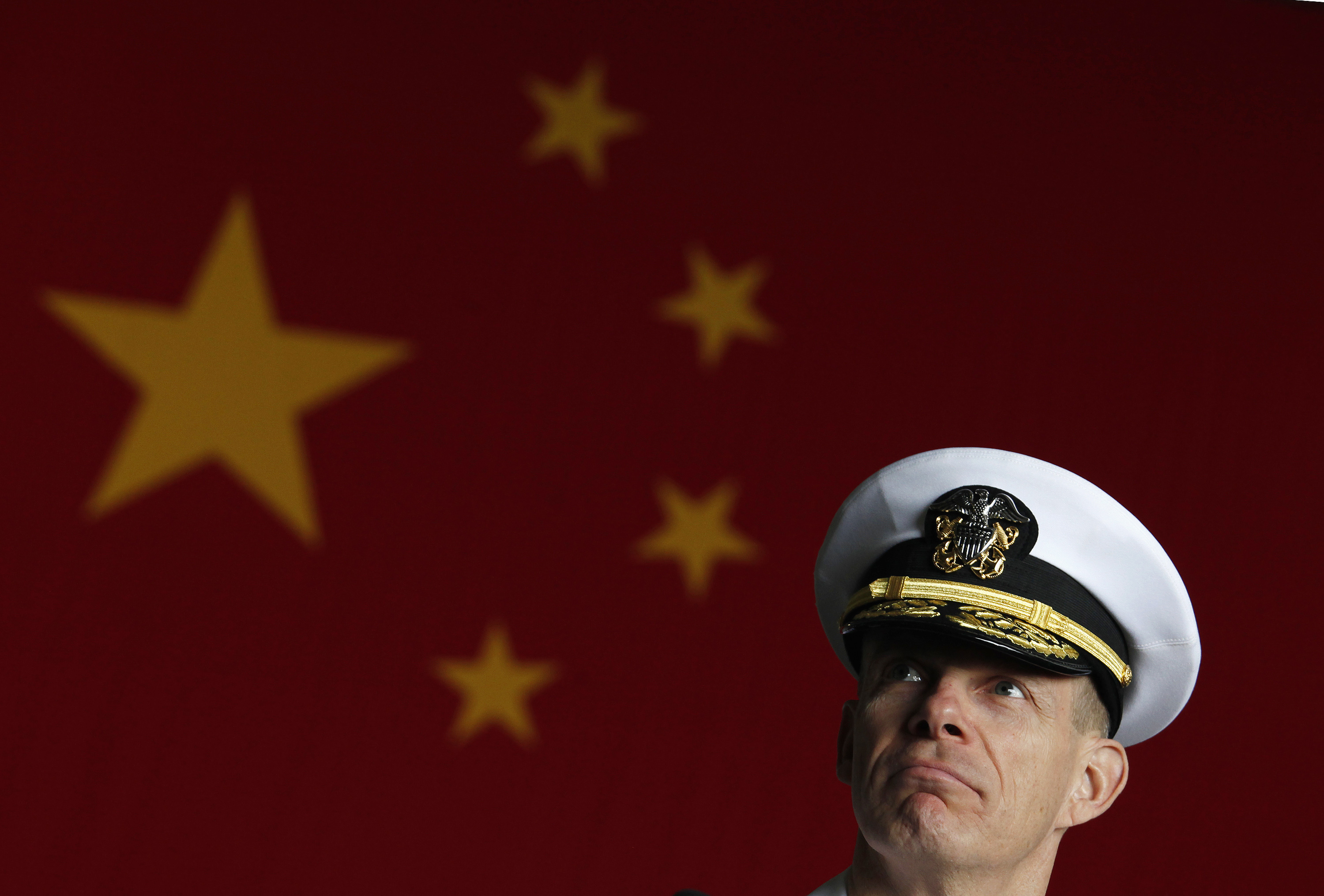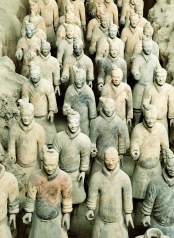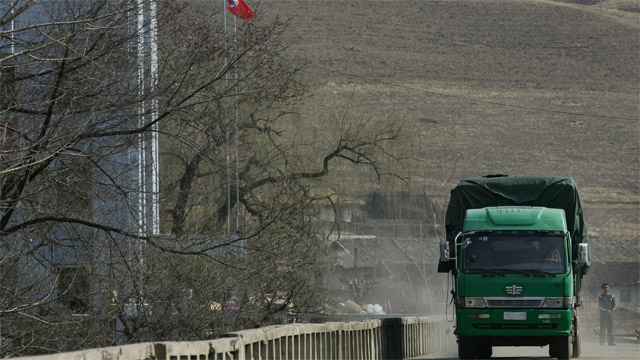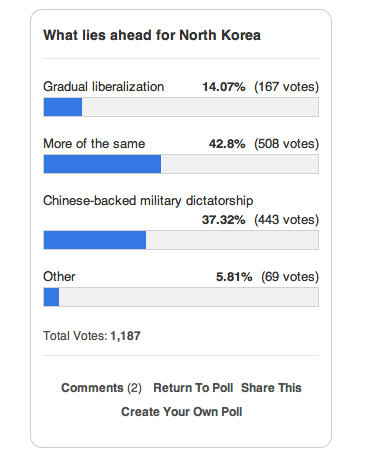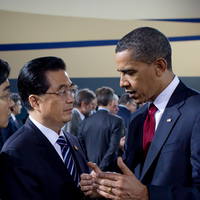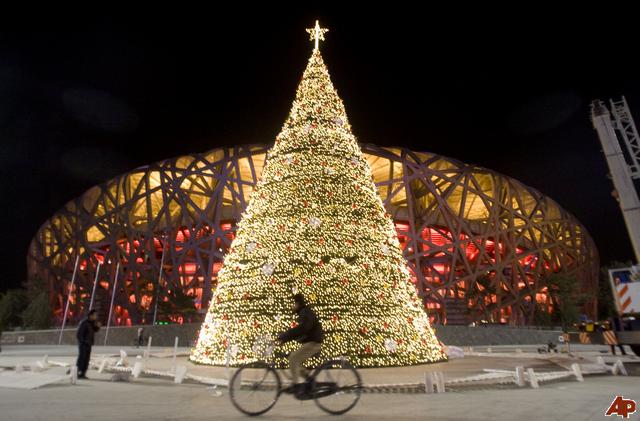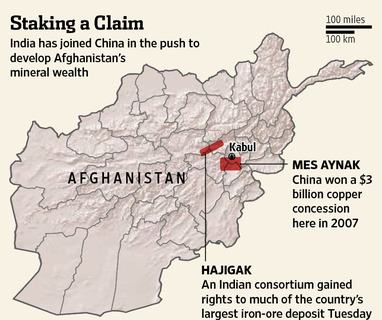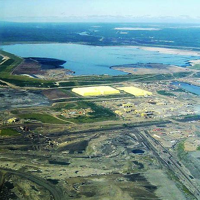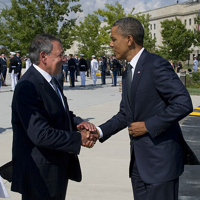[SUBTITLE] Many analysts say the Middle East is the focus of a geopolitical power struggle between the United States and Iran. That misses the primary thread of events – namely, the ongoing soft partition of the Arab republics between Turkey and Iran, with Turkey the stronger power.
What's not said: the power Turkey wields is entirely "soft," meaning the attraction of its culture, politics and its economic heft. Turkey is not threatening with hard power, nor reaching for nukes - none of what Iran does. Instead, it's primary attraction is its success in growing and keeping happy an expanding middle class.
This is primarily China's soft-power attraction, so when we seek to counter it with a military "pivot" to East Asia, we don't look strong but weak.
During the last decade many right-wing American and Israeli analysts have described the geostrategic struggles unfolding in the Middle East as a new “cold war” pitting the United States against Shiite Iran. They have warned of an Arab “Shiite crescent” – stretching from Lebanon to Iraq – connected to Iran via ties of religion, commerce, and geostrategy . . .
Van Creveld puts Iraq too easily in Iran's camp - at least the Arab portion. I don't think it's such a done deal by any stretch, and we've seen plenty of reports that say the Turkish attraction is greater there on a lot of levels.
Back to the argument:
What this view of the Middle East overlooks is the fact that both the US and Iran are mired in internal political and economic difficulties. Simultaneously, inside the region, both are being outmaneuvered by an ascendant Turkey.
I don't think the US is being "outmaneuvered," just outperformed and out-clevered - if you will. Turkey, as a "young" rising power, has the strategic imagination required for the task, whereas the US strategic community is mired in a plethora of 20th-century concepts, many of which are so outdated as to be laughable. Turks just see the region with clearer eyes than we do. No great mystery there. Iran, thank Allah, is just as mired in the past.
Moreover, Western observers have missed the primary thread of events – namely, the ongoing asymmetric Turkish-Iranian soft partition of the Arab republics. Concomitantly, the American position as regional hegemon is vanishing. Today, only the Arab monarchies and Israel continue to look to the US as their primary patron.
I believe this to be true, but again, Turkey is winning and Iran's grip is tenable - see Syria.
Following the US withdrawal from Iraq, KRG officials bemoaned their need of a regional patron to protect them from dominance by Baghdad. Landlocked Iraqi Kurdistan also needs a conduit to export its oil to the West. The only country that can fulfill both roles is Turkey. That is why KRG officials, instead of supporting their ethnic brethren inside Turkey, have often sided with Ankara against the Kurdish separatist PKK.
This was made obvious to us when Enterra did its development work in the KRG.
Should more pipelines leading from Iraqi Kurdistan to the Mediterranean via Turkey be built, the result will be the de facto creation of an Iraqi-Kurdish buffer state.
And frankly, the KRG is the nicest part of Iraq in terms of combined hydrocarbons and arable land.
In the southern part of Iraq, the situation is just the opposite. There, a Shiite Arab buffer state, buttressed by Iran as a bulwark against Turkish, American, or Saudi encroachments, is being created. The last two weeks’ events have removed any doubt that Prime Minister Maliki is “Iran’s man” in Baghdad.
Again, I differ here on writing off the south, but point taken.
Yet despite this de facto partitioning of Iraq over the last month, Turkey and Iran are not challenging each other’s spheres of influence. Thus, Iraq has reverted to its traditional position as the Poland of the Middle East.
Cool analogy.
In post-Arab Spring North Africa, too, Turkey and Iran have essentially partitioned the resurgent Islamist movements between themselves. The Turks support the victorious “moderate” Islamists from Tunisia to Egypt. Iran backs the Salafist spoilers, even though they are Sunni.
Bingo!
Key point:
Since North Africa lacks indigenous Shiite populations and the “moderate” Islamists have now emerged as the main players in the region, it is Sunni Turkey, along with Qatar, that appears to be the rising political and commercial patron in North Africa.
Not arms, but soft-power backed by serious wealth accumulation.
Next arguments about Turkey and Iran synching their approaches to Israel-Palestine problem strikes me as weak. Van Creveld and his guy are interpreting Turkey's reorientation away from quasi alliance with Israel and a reorientation toward Iran's hard line. I see nothing of the sort, but rather Turkey proving its Islamist credentials as it openly seeks regional leadership. Israel here is just the litmus test.
Van Creveld and Pack see a clear struggle between the two powers in Syria, but again with an eye to soft partition, as they put it:
In a fragmented post-Assad Syria, Turkey will support the Sunnis, while Iran will remain the patron of the Alawites. Moreover, both will surely find a way to protect their strategic and financial interests in whatever regime emerges.
Strong finish on a point I have railed incessantly - our obsession with Iran's nukes blinds us to everything else going on in the region:
Throughout 2011, the continued Western obsession with the Iranian nuclear menace prevented policymakers from grasping the most salient dynamics at play in the new Middle East. Those who, like Mohammed Ayoob, have warned that “Beyond the Arab Democratic Wave” lies a “Turko-Persian Future” have been mostly ignored.
The Arab Spring has vastly weakened the Arab states, leaving them open to fragmentation, increased federalism, and outside penetration. With hindsight, 2011 may come to represent as sharp a rupture in the political landscape of the Middle East as 1919 did.
True to my "new map" approach: globalization, entering the Arab world, creates fragmenting tendencies (remapping, as I have long described it), and the two states seeking to take advantage represent polar opposites on adapting themselves to globalization's many challenges: Turkey embraces and is stronger for it, Iran does not and in its fight to keep it out becomes decidedly weaker (here our sanctions do help). Toss Qatar in the same basic globalization camp as Turkey.
Van Creveld and Pack view all this in terms of great power control over weaker states, and yes, we will witness plenty of these dynamics in the initial remapping process, but Turkey won't "own" the Middle East any more than China will "own" SE Asia. Ultimately, as globalization takes deep root and economic opportunities arise, states will gravitate according to market power, not pol-mil influence. Turkey will be prominent because of its significant market size (just like China in East Asia or India in South Asia or the US in the Western Hemisphere), adhering to my general principle that what rules in globalization is not supply (especially of hard power) but demand (the ultimate soft attractor).
 Tuesday, January 17, 2012 at 10:53AM
Tuesday, January 17, 2012 at 10:53AM 










